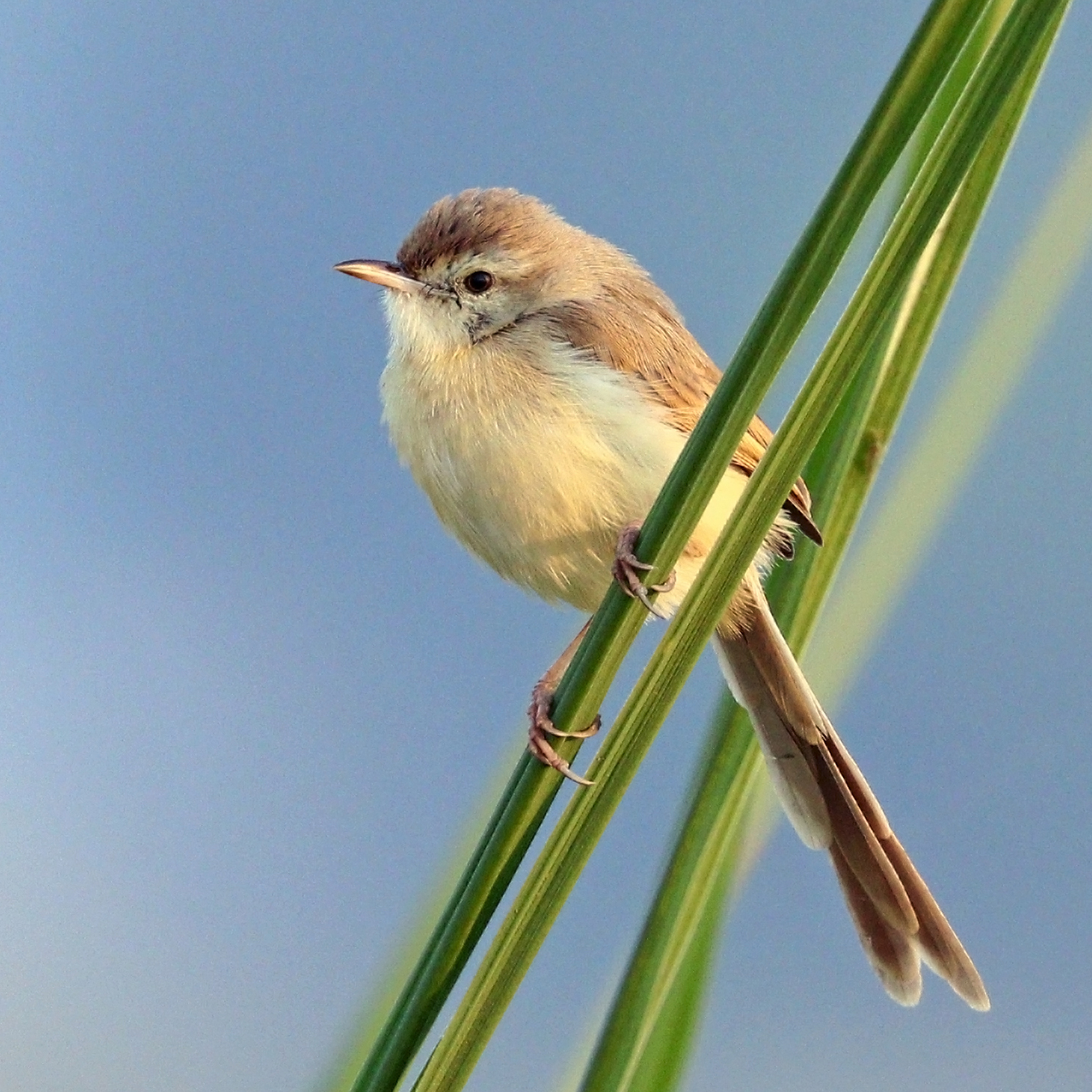As I become a little more familiar with the public health ecosystem of India, I am slowly beginning to feel less like a visitor to this field and more aware of the players and the dynamics... it's like getting to know your husband's family after your marriage. Everyone appears amazing and will go to great extents to tell you how close they are to your husband when you first get married, but as you become more and more integrated within your partner's family, you understand history, nuances, dynamics that were glossed over before.
The main organization I have worked with and understood a little bit about public health is an old one based in B'lore with whom I became close during Covid. Recent experiences with scholarly writing and with consulting for some other public health organisations makes me realise that not all PH organisations are painted from the same brush, even if nearly all have very similar-sounding mission/vision/goal statements.
Some follow the consultant-model. I think this is the type of job what most new graduates from fancy PH schools assume they want. This model has some degree of field work, but does not involve much actual ground-level implementation. The meetings will be with heads of other bodies, may include a day or two observing the implementers and the work will involve a lot of writing, calling, meetings, reporting, coordinating and organising. For young PH professionals, their identity is not with the work or with building their own brand as much as it is with the organization they have joined. This is different from the PhD style training I am more familiar with. In the PhD route, at least in the US, students are drilled that they are working for themselves, by themselves and towards building a personal cachet. This, of course, has its own drawbacks mainly that most PhD graduates are not organization builders. They plug into existing organisations, such as universities, and are focussed on personal advancement.
Some PH graduates follow the ground-level management group. These ones tend to be managers of the implementers- they end up being program leads or program managers. They work closely with the implementers but ultimately their day to day lives are similar to the first group's but with a slightly different weightage to the activities. I think that most of their lives are spent chiefly coordinating and organising and then reporting, writing etc. They also sometimes show up in public sector PH projects for leading teams of young researchers for ground-level data collection, household surveys, and the like.
People from both categories tend to move from project-to-project or site-to-site as projects end. So it can be a life with quite a lot of unpredictability or changing jobs or movement.
Very few PH graduates actually end up as ground-level implementers. From what I have seen thus far, implementers tend to be professionals from healthcare, law, social welfare etc. They may have systems on the ground and they bring on PH graduates to help manage things better, conduct certain types of research, assess quality, monitor/evaluate progress etc. I think for the implementers, public health is of course one of their objectives, but it may not be necessarily the most key one. Their core objectives may be far more narrowly focussed, such as providing some kind of service to some kind of community. This also means that they stay put in that community for a long time.
The people who choose these different categories also tend to be of different socio-economic strata.
This categorisation helped me understand where I fit in in the PH field: I identify myself first and foremost as an implementer. And maybe a little bit as an observer and scholar. And that's why even though a lot of the work I do these days is actively public health related, I do not intuitively understand the new PH graduate life or their challenges or mandates or priorities. With more thought, curiosity and discussion, the above categories can be honed and polished and I can be better prepared to understand and anticipate the flow and nature of various interactions in this field.




